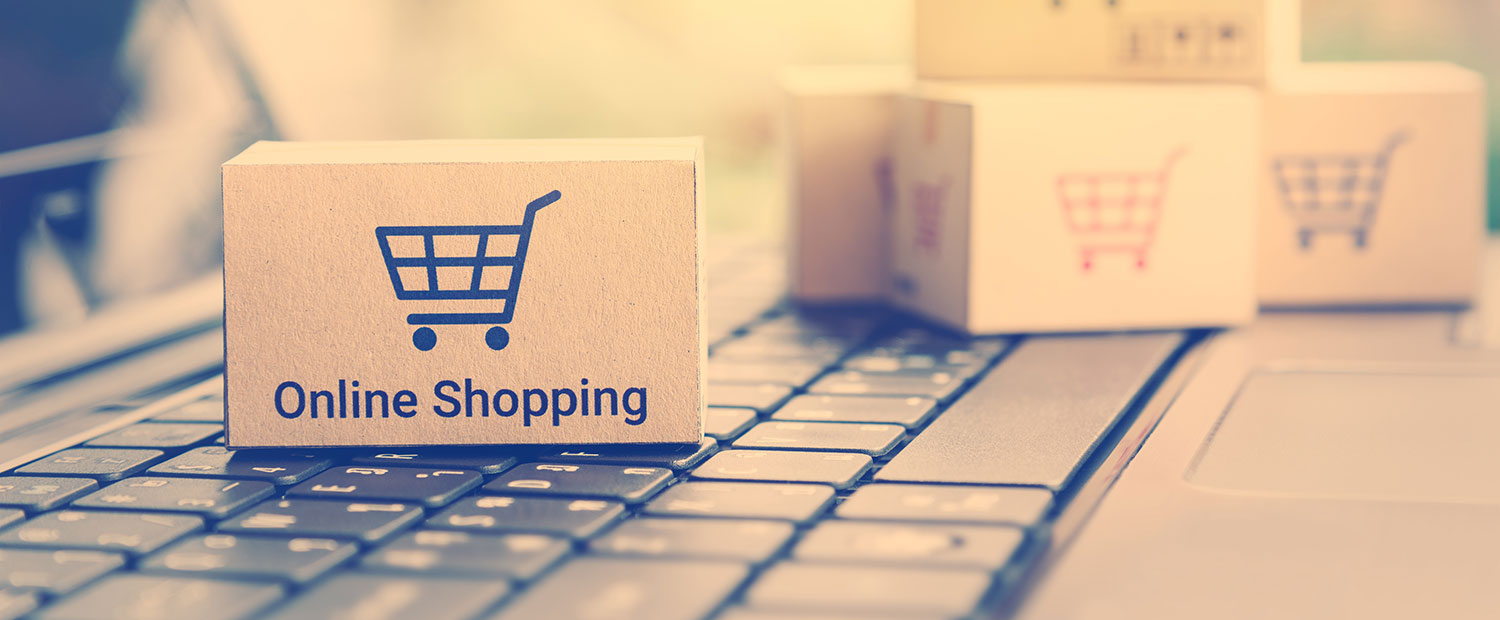

Investments in last-mile logistics, encompassing the final step of the delivery process from a distribution facility to the end-user, are projected to grow dramatically in the Sultanate as growing numbers of households turn to ecommerce for most of their day to day requirements.
State-owned Oman Post says it is gearing up to capitalise on opportunities in the last-mile delivery space as consumer increasingly explore online options for their shopping needs amid the ongoing pandemic.
“In the past couple of months, we have seen a change in consumer behaviour – the supply side is also reacting to consumer behaviour; we have seen brick-and-mortar move to omni-channels to provide digital channels to consumers; thus, as more people stay indoors, greater is the demand for even non-essential goods or entertainment in-house,” said Abdulmalik al Balushi, CEO – Oman Post.
Taking part in a webinar hosted recently by The Business Year (TBY), he noted that last-mile services are becoming an essential part of the supply chain. Mindful of this new reality, Oman Post launched Asyad Express in early March in response to the ‘deliver now’ expectations of customers.
Consumers, while generally slow to adopt new technology anywhere in the world, have been quick to embrace digital channels for deliveries, prompting service providers to offer omni-channels for convenience and speed.
Al Balushi, however, acknowledged that the disruption in air services on account of the pandemic did have an impact on postal services, particularly inbound deliveries, which account for 60 – 70 per cent of the business in the Gulf region. Unlike essential goods such as foodstuff and pharmaceuticals, which get priority treatment as air-cargo, postal articles do not enjoy the same privilege. Furthermore, airfreight costs have surged amid high demand and low supply, he noted.
On the outbound front, with air services subject to similar constraints, Oman Post has worked to create some “non-postal channels” in collaboration with its commercial partners. One example is IPEX - a cost-competitive service that currently covers 220 destinations around the world.
“We have seen a big surge in this product in the past couple of months – 120 per cent increase since it was launched comparing to our initial forecast,” the CEO remarked.
The growth of ecommerce is also fuelling an expansion in last-mile logistics, said Al Balushi. “Last-mile services are becoming much more required in the country, and in the wider region, we have seen some marketplaces posting 600 per cent growth during the past three months. There is a big boom in ecommerce – and in my personal view – this is the time when last-mile will pick up. It may be different from country to country, depending upon market regulation, but last-mile will take off very fast from now on.”
Ecommerce has surged in the last couple of years, according to Oman Post’s CEO. It is currently growing 23 per cent year on year but is expected to burgeon rapidly, fuelled by pandemic-driven market conditions, he said.
However, two factors are key to unlocking ecommerce: firstly – online payment systems, and secondly, prompt deliveries. The biggest enabler for ecommerce is last-mile services. For last-mile companies, there is only one strategy – you have to increase capacity as much as you can; but you need to optimise on your route planning, and technology adoption, he added.
The panel discussion also featured Said Hamoud al Mawali, CEO of the newly integrated Oman Dry Company and Oman Shipping Company, and Pankaj Khimji, Director – Khimji Ramdas Group.
Oman Observer is now on the WhatsApp channel. Click here



